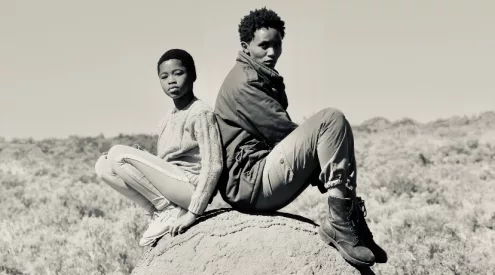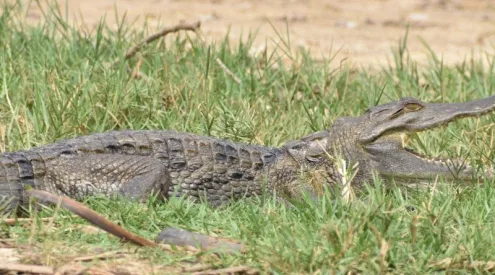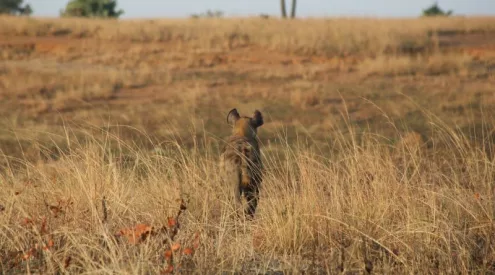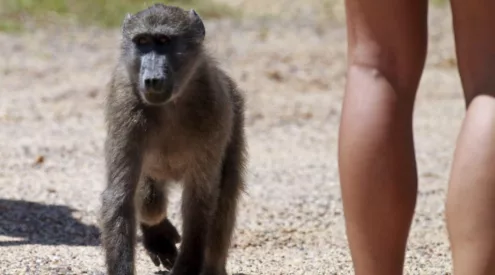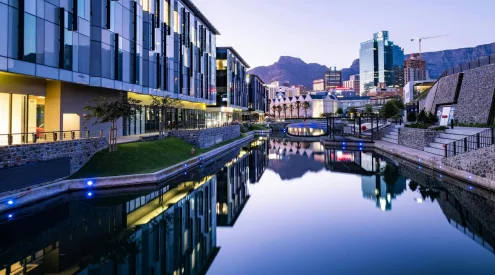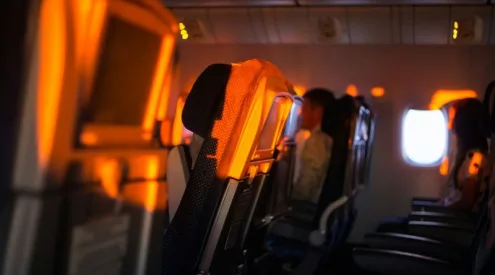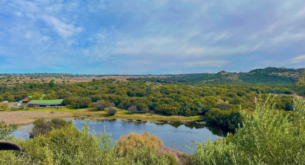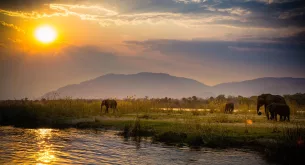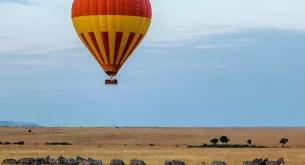After drastic decline years before, South Africa’s humpback whale population seems to be thriving. In fact, there have been sightings of supergroups (groups of between 20 and 200 individuals) including juveniles along the Western Cape’s shores in recent years, indicating a welcome growth in numbers.
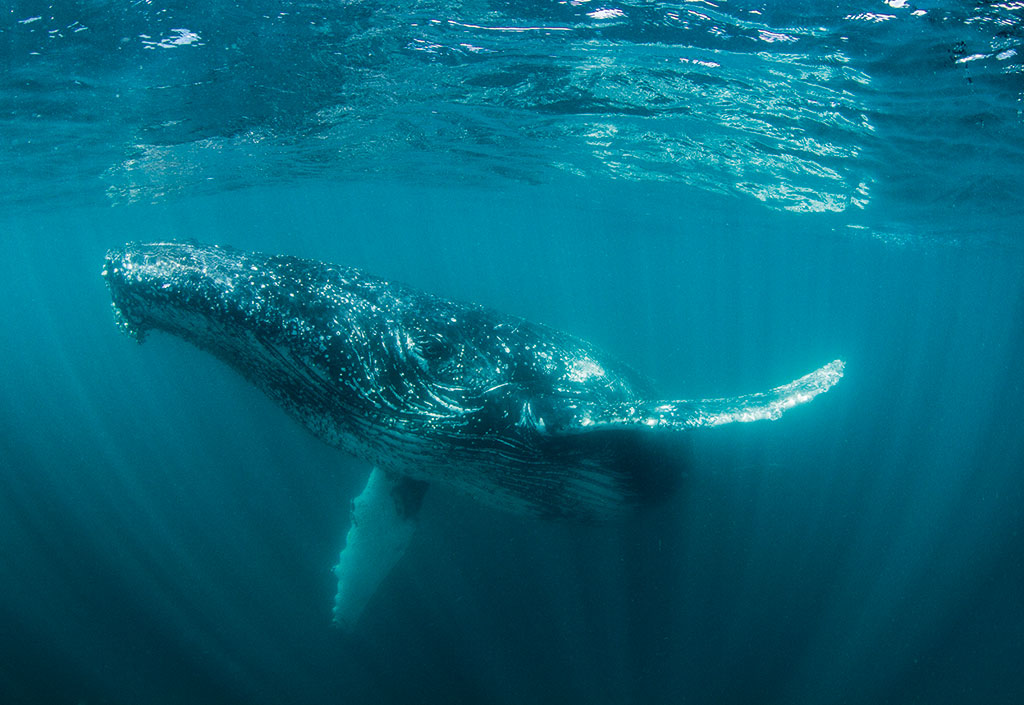
Humpback whale. Picture: Martijn Schouten.
These sightings were specifically in the coastal region of the Southern Benguela current between St Helena Bay and Cape Point on the west coast of South Africa, reports the University of Cape Town. A new study co-led by Dr Subhra Prakash Dey and Associate Professor Marcello Vichi from the University of Cape Town (UCT) Department of Oceanography and the Marine and Antarctic Research Centre for Innovation and Sustainability (MARIS) looked into this unique phenomenon.
‘The formation of super-groups in recent years suggests that there might be a change in oceanographic or ecological characteristics which provide the conditions for this novel feeding strategy in the Southern Benguela Upwelling System (SBUS),’ Dey said.
Marine researcher Simon Elwen told News24 that the two recent humpback whale strandings in Cape Town are not cause for concern, and that several whale strandings had been recorded on the Namibian coast in recent months too. This could simply indicate the growth in numbers and that the ecosystem might be at carrying capacity.
Recently, one whale stranded in Sea Point and the other on Clifton beach. Both were juveniles, and their deaths were related to natural causes, Darryl Colenbrander, head of Coastal Policy Development and Management Programmes at the City of Cape Town said.
‘Given the upcoming season of possible super-group occurrences, we call for citizen science reports to help us better frame their distribution along the coast,’ Dey said.
ALSO READ
Study reveals potential solution to whale entanglements in South Africa


